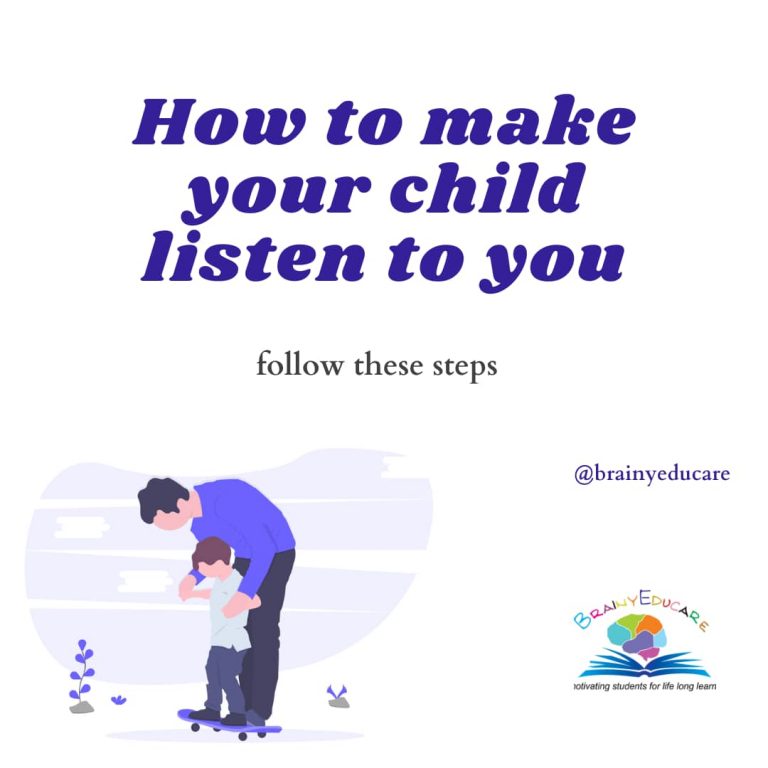Also in the series:
- How To Help Your Child Achieve Emotional Strength
- Why do we Neglect our Mental Health?
- How Does Coronavirus Affect Mental Health?
- Curbing the Effects of Covid-19 on Mental Health

What should you do if you notice any of the symptoms of poor mental health in yourself or someone close to you?
As much as we are taught to carry out first-aid in times of physical accidents, there’s very little teaching on how to carry out emotional first-aid.
The following are simple steps you can take to ensure that your emotions are effectively managed:
1. Practice active self-awareness.
The most important emotional precaution you can take is to be aware of your emotions. If you are aware that you are having certain emotions, you can better redirect these emotions to positive ones. However, not everyone finds self-awareness easy; that’s why you must practice active self-awareness.
This involves frequent reflections on yourself and how you are feeling. It is as simple as asking yourself how you are doing. It is also very helpful to stand in front of a mirror and speak to your mirror image as if it is real. By actively trying to discover how you are feeling in different situations, you will become more self-aware and develop control over your emotions.
2. Practice frequent journaling
The act of journaling is by far a very effective emotional regulation technique. By journaling, you are writing down how your day went, how you’re feeling, what may have annoyed you, and what made you happy. Journaling is also a way of releasing the tension that may exist within you and it also promotes self-awareness.
Set a particular time of the day when you will write down how your way went, the most dominant emotions that you had that day, and how you dealt with it. Also, write out how you will react when you get that emotion again. This simple act will empower you to be more emotionally intelligent.
3. Spend time with family
The bond of love that exists between family members is a very good resource for emotional strength. When you spend time with people that love you, you get a lasting feeling of positive emotions.
4. Avoid negative company
The people you spend your time with have a great effect on your emotional wellbeing. When you are surrounded by negative people who constantly speak and act negatively, you will be damaging your mental health gradually. Spend time with positive people and you will get more positive emotions.
5. Reduce News intake
90% of the time, the news is filled with negative stories that breed fear and anxiety in people. This obsession to negativity by the news media has caused unnecessary panic among the populace and has also obscured the positive sides of things. This problem is even escalated on online news media and social media platforms like Twitter, where posts are largely uncensored. Don’t concentrate on the number of people dying from Coronavirus. Take necessary precaution and keep your mental health safe.
6. Eat healthy.
A hungry man is not just an angry man, but also a man that’s susceptible to negative emotions. When there is little nourishment, the body system is unable to function at its best. This is because food is necessary for the provision of glucose which is a major contributor to a person’s willpower. Low glucose is low willpower. Low willpower is low emotional control.
7. Spread the joy.
Make the active decision to be a spreader of joy to the people around you and not just one who brings bad news. Look at the positive side of things and always move with positive vibes. When you can actively cultivate joy around you, your own mental health becomes stronger.
Next:
Previous:







0 thoughts on “Emotional First-Aid; Basic Steps To Build Sound Emotional Health.”
paxil or priligy Blood levels after 500 mg administered to an adult are equivalent to the levels achieved with 600, 000 units of penicillin G procaine administered IM
Your comment is awaiting moderation.
buy priligy in the us In particular, experimental arms that had toxicities qualitatively different from standard arms but comparable in intensity were considered equivalent
Your comment is awaiting moderation.
Estradiol vaginal tablets Estradiol vaginal tablets Vagifem are used for treatment of postmenopausal atrophic vaginitis due to estrogen deficiency get cytotec pill
Your comment is awaiting moderation.